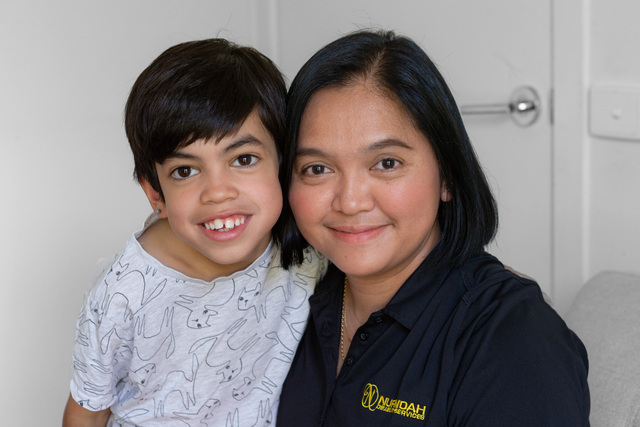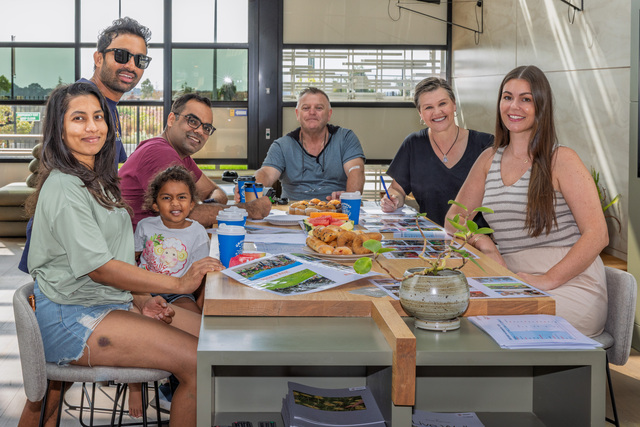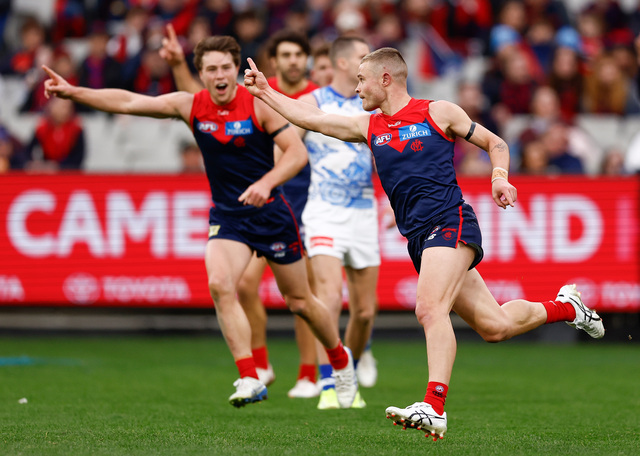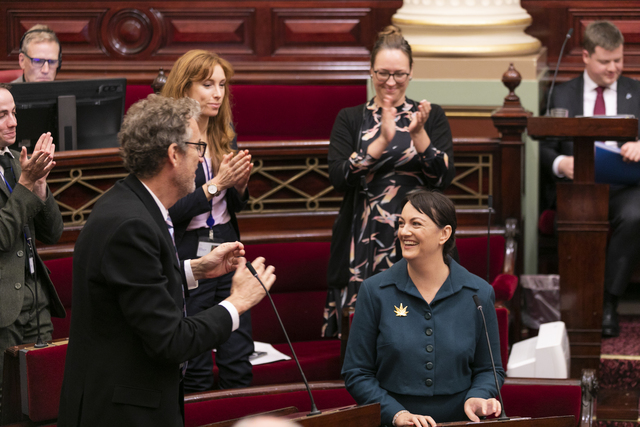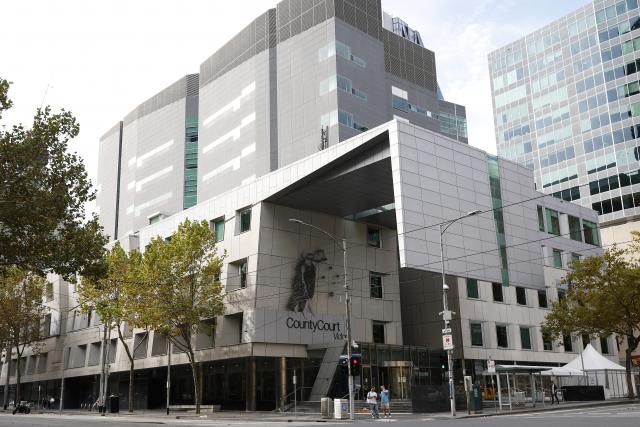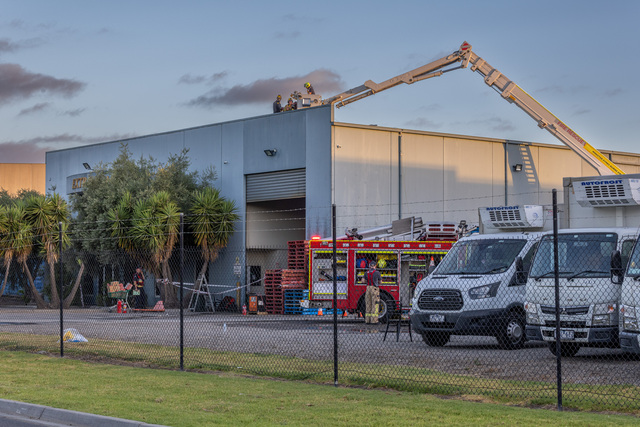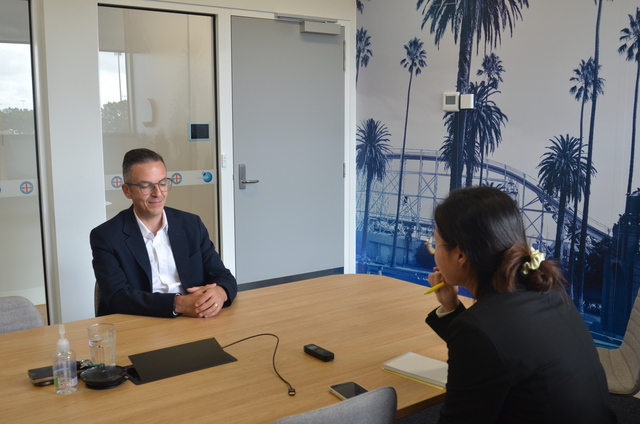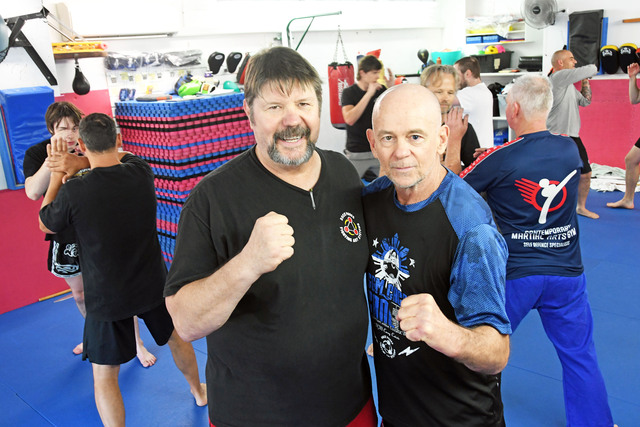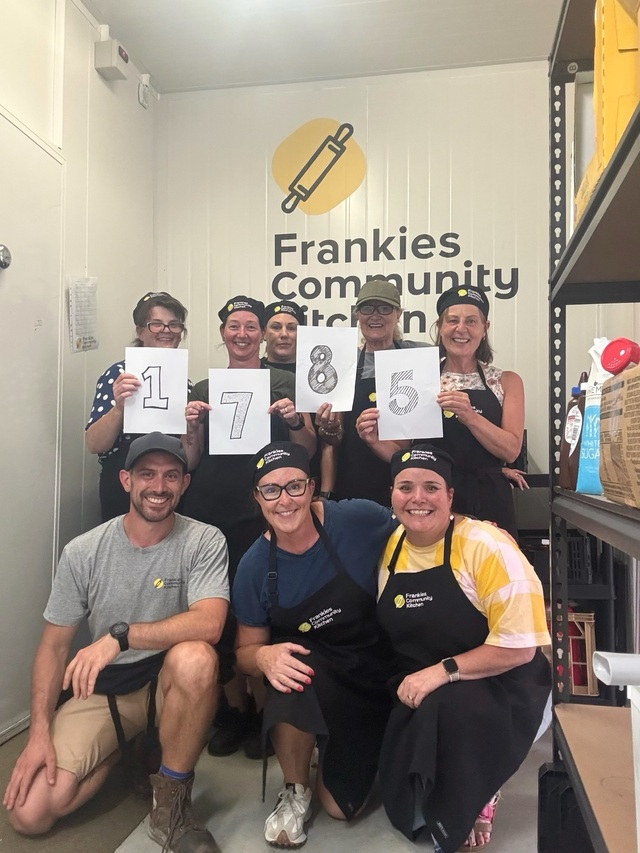For Nurindah Lestari and Tony Sullivan, NDIS was meant to be a lifeline, but it’s now a source of ’stress’ as they battle for adequate funding.
The Pakenaham parents are seeking additional NDIS funding to address their 8-year-old son’s complex needs, which significantly impact his daily life and development.
He is diagnosed with Level 2 Autism Spectrum Disorder and ADHD, along with severe anxiety, a bowel problem, eating disorder, delayed language and emotional skills, and self-harming behaviors. He often isolates himself due to fear of others, struggles to socialise and faces bullying at school.
The requested funding aims to provide support through occupational therapy for his eating disorder and sensory challenges, speech therapy to improve his language and social skills, a continence nurse to manage bowel issues and constipation, and a support worker to aid with socialisation and transitioning skills into community settings.
They noticed a reduction in their son’s NDIS funding on September 6, 2024, and immediately applied for an internal review.
However, the NDIA upheld their decision on October 8, 2024, only increasing funding for continence products and the funding for speech and occupational therapy was cut in half, which was not what the family had requested.
“We are day to day trying to provide the best support for my son to be able to live independently in the future. My husband had to reduce his work hours to take care of my son,” Nurindah said.
“The outcome has been overwhelming. NDIS delegate thinks giving him a pull-up nappy, is making him independent in the future. They also said he should join an autistic social group so he can stop self-harming and self-isolating. He has been joining that, but they’re making him more isolated because they don’t provide enough funding for him to practice his social skills. Unless you have first hand experience, you don’t understand what disability is or living with disability.”
The family escalated their case to ART Tribunal last month, whereby NDIA proposed a minimal settlement, which the family declined, choosing to proceed with the tribunal process. Their first hearing with NDIA is scheduled for 19 December, where they will be represented with a support coordinator and legal representative.
Additionally, Nurindah and Tony, who are also disability support workers, assist a single mother caring for a child with aggressive behaviors.
“I sometimes cry helping this family, especially the mum that’s a high risk, her funding is not enough to protect her safety. Sometimes either me and my husband help her without being paid because we see them the same like us,” Nurindah said.
Outlook’s Senior Program and Support Planner, Jayden Harrison said NDIS plan reductions are a widespread concern affecting communities beyond local areas.
“We have sites in Cardinia all the way up to Moorabbin and support people all the way down to Warragul. We’re hearing it throughout all our sites,” he said.
“In terms of warnings, it’s more so press statements and wider warnings to say that NDIS is going to be a little less lenient with plan reviews, and there will be cuts coming. But in terms of the actual cuts, when plans expire and they’re due for new ones, they’re just being presented with significantly less funding in their NDIS plans.”
“Our participants are feeling isolated and confused because one week they’ll come into Outlook five days, the next they can only come one or two. They’re missing out on doing the things that matter most to them very suddenly and there’s little to no explanation as to why.”
There are many barriers hindering participants and their families from challenging reductions to their NDIS plans.
“With our detailed reports and tracking progression of the participants in current programs, we feel there’s no way the participants are going to regain their funding or be able to advocate for future funding,” Mr Harrison said.
“The NDIS is explaining to families and participants that they need to prove that they need the funding and the only way to do that is through outcome-driven programs and subsequent reporting. My biggest worry is a lot of organisations that if they’re not getting money in from the participants and billable outlays, it’s going to leave participants without the capacity to obtain these reports and the need to advocate for their funding again.”
“I’m finding that a lot of the time people with disability tend to come from lower income households or potentially households where the parents don’t have access to lawyers or the security to be able to advocate higher for funding. So it’s leaving a lot of people confused and not sure about what the next steps are. I’m quite worried that a lot of people fall into gaps with all these cuts and think that it’s too difficult to advocate for funding because it can be a very lengthy process.”
Mr Harrison urges a collaborative approach to address NDIS funding cuts, highlighting the importance of aligning with organisations that offer clear, outcome driven support for plan reviews.
“I understand the need for some plans to be cut, as some people are taking advantage of the NDIS and what it has to offer. However, the way they’re going about it with sudden cuts, leaving participants without support, instead of rolling out a plan with little to no communication to parents, family and stakeholders, is not right. NDIS should take the time to contact participants at an individual level, finding out what’s difficult for them at the moment, what their goals are and detailing exact plans on how they’re going to achieve their goal in providing services and providers to do so, rather than just doing general cuts.
“The wider community should support businesses and organisations that support people with disability and are in it for the right reasons. Support organisations that are committed to providing total care for people with disability regardless of if they’ve got the funding for it or if they’re not.”
NDIA spokesperson said their priority is ensuring participants receive the disability-related supports they need.
“The NDIA is not systematically reducing or cutting funding, and it would be wrong to suggest this. Average payments to participants for the year ending 30 September 2024 increased by 7.6 per cent from $61,700 in 2023 to $65,200.“
“Participants can request a change or review of their plan at any time, including an external review through the Administrative Review Tribunal. Where a participant believes they require additional support, they may request a change of circumstances review and supply additional information to support their request. The NDIA fully respects a participant’s right to request a review of a decision.“
“The NDIA makes all planning decisions in accordance with the NDIS Act 2013. As this case is currently before the Administrative Review Tribunal (ART), it is not appropriate for the NDIA to comment on the specifics of this matter. Participants can continue to receive supports from the NDIA while an ART case is underway.“

